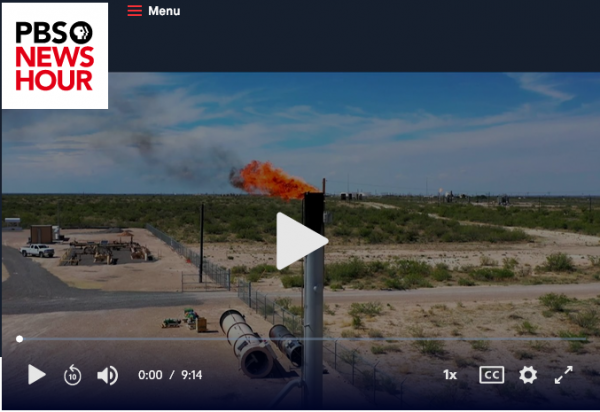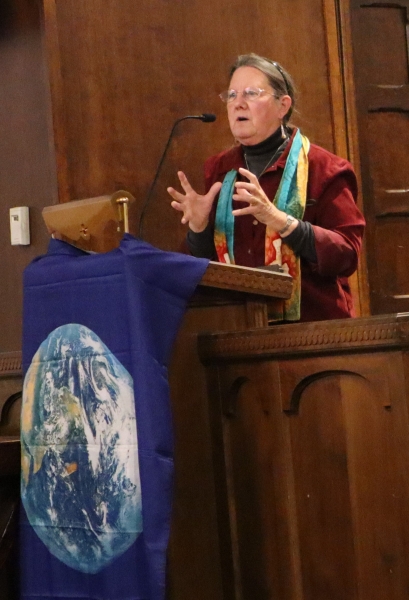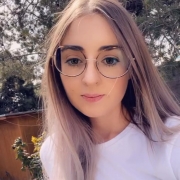PBS NewsHour: The challenge of tracking methane emissions
PBS NewsHour: The COP27 climate negotiations in Egypt put a spotlight on the problem of methane emissions, which are responsible for more than a quarter of the warming on the planet today. More countries are pledging to reduce those emissions, but methane leaks remain a serious problem. Science correspondent Miles O’Brien reports. ( The piece features Sharon Wilson with Earthworks, and uses footage from the field in the Permian Basin).
Watch a video, read a transcript and learn more
on PBS NewsHour site.



